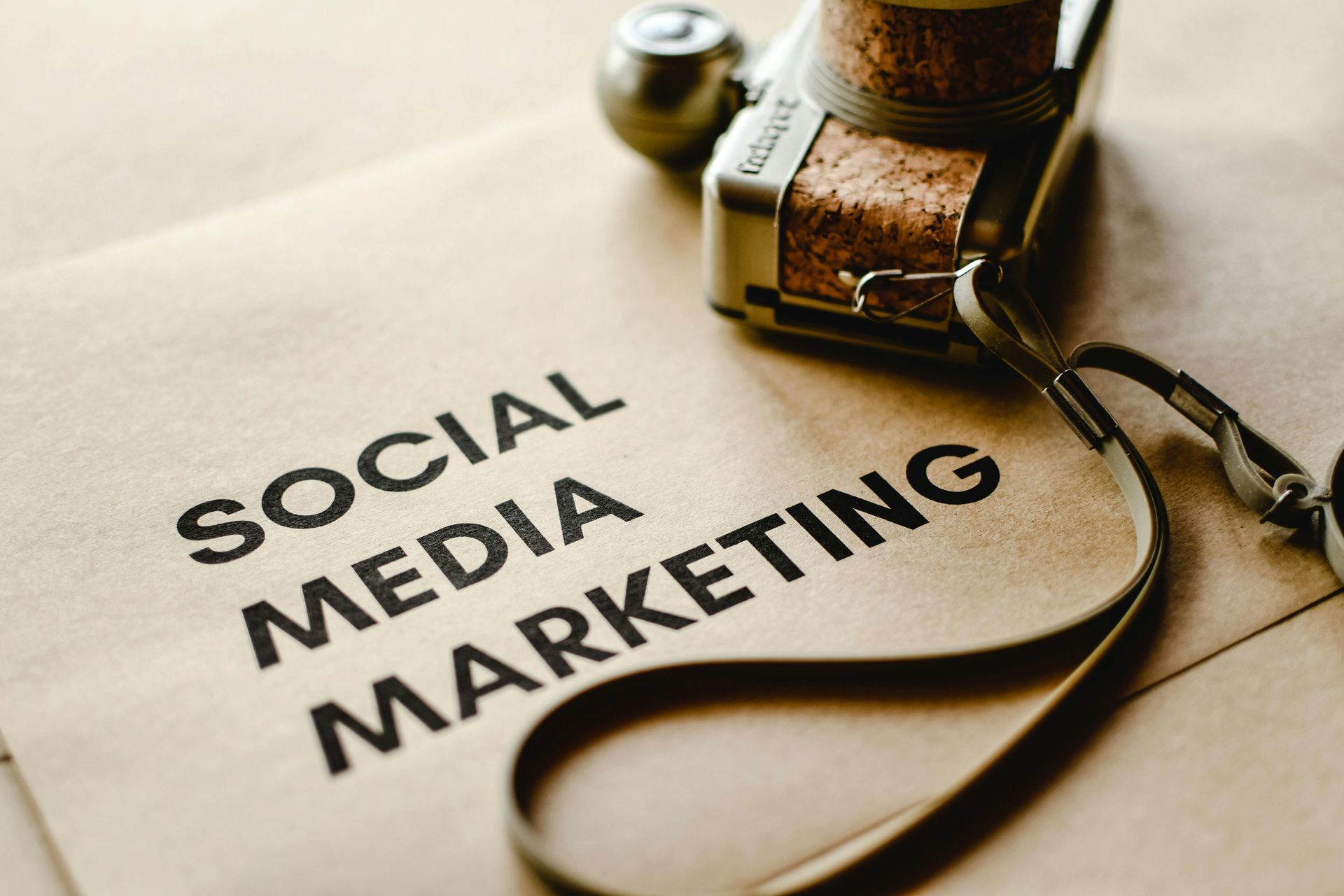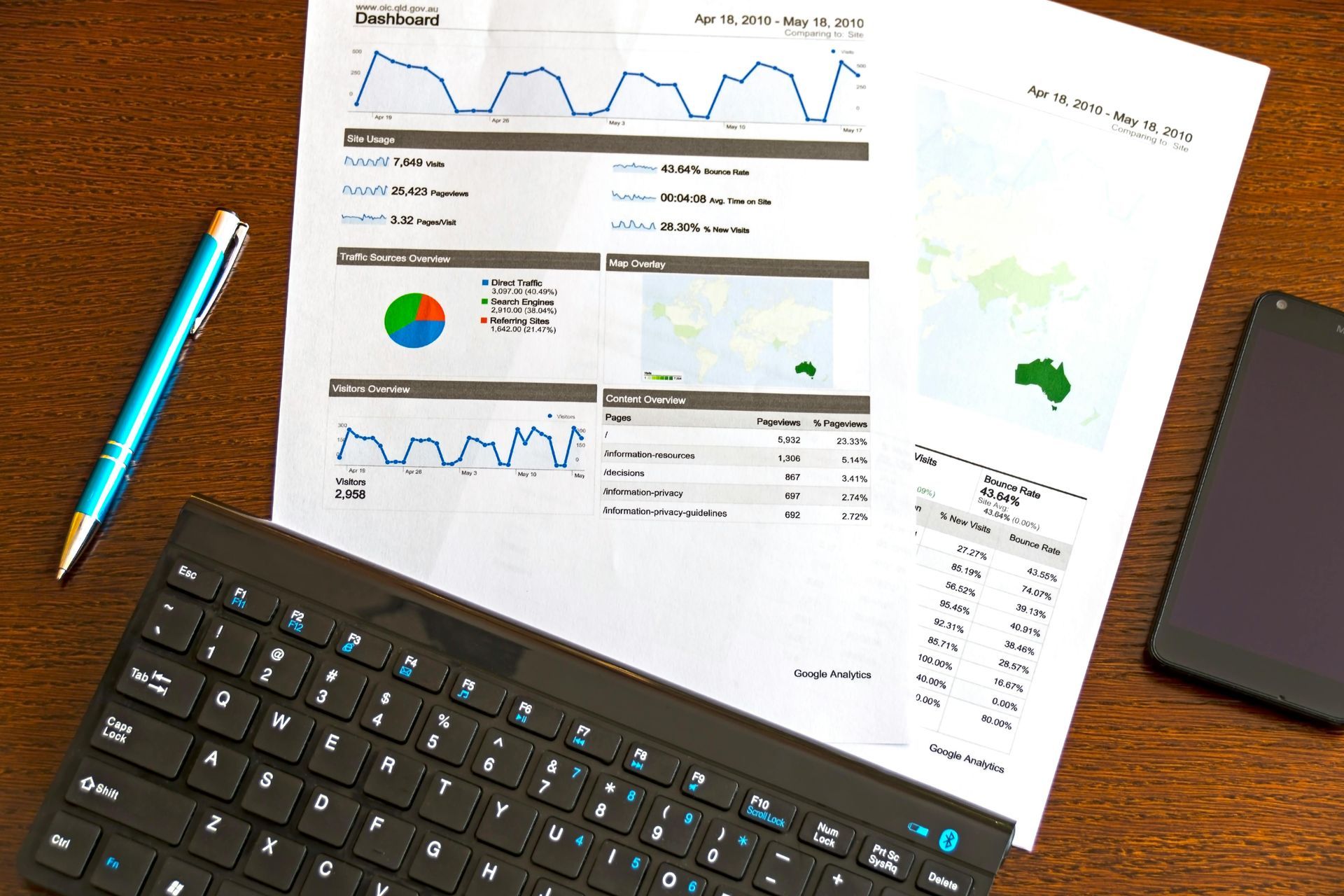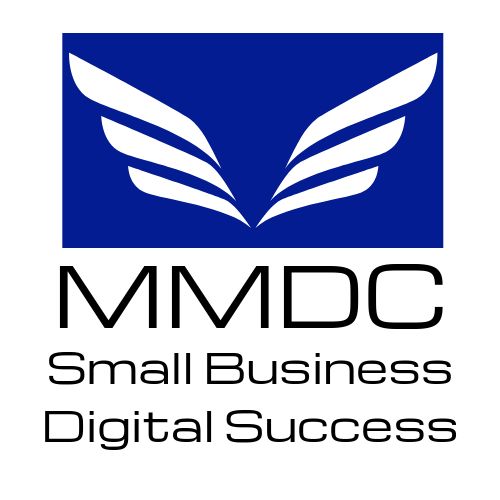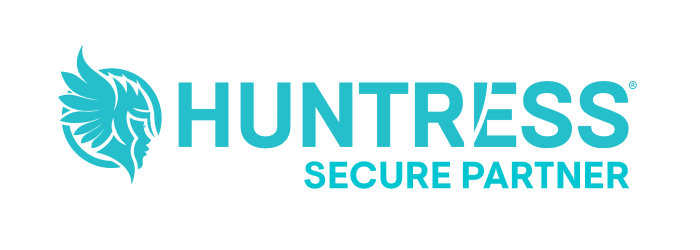Social Media For Business - a Primer
Small Business Social Media Starting Point

These days, you can't run a small business or consider a new start-up without getting involved in social media. But that can be an overwhelming world of changing trends and evolving platforms. Even if you don't know a post from a tweet, you have to get a handle on social media if you want your business to get the exposure it is going to need.
Right now there are more than a dozen busy and popular places where you can start to get social, but as a beginner, you should focus on the main four: Facebook, Twitter, Google plus and Linkedin. Facebook - A Near "Must Have"
Even with current issues about data use and privacy, Facebook still reigns supreme in the social media world. If you only manage one account, it should be on Facebook. You can share all manner of text (short notes to long articles), lots of great photos and use the commenting threads to really build relationships through conversation. Add actionable elements too, like a tab to sign up for a newsletter or links to your other social media accounts. Twitter - Easy, Fun, Effective
Twitter is where you go for the quick comments and announcements. The character count has recently been increased but it's still not the place to go for long articles, press releases or huge photo galleries. Share thoughts (both your own and those of other important people in your industry), comments and do a little networking by liking and sharing other relevant tweets. Google+ - Because Google Owns the Internet Universe
While not as popular as Facebook or Twitter, Google+ has the added bonus of being part of the Google empire and having a social presence can help with search engine placement. You'll want a business account, and there are a number of tools you should work with, particularly where you can list your physical location. This helps with Google Maps searches. Keep your followers and connections organized into Circles, so you can accurately target various audiences when you have specific material to share. LinkedIn - Powered by Professional
LinkedIn is a little different, as it works best as a form of networking with other professionals rather than making connections with potential clients or customers. Keep your connections relevant, and don't just amass a useless network of people in order to boost your "popularity". Use this as a key way to develop a business network within your industry, and that does include competitors. Post articles that are well-researched and helpful. If potential clients use LinkedIn as a way of checking up on your credibility, you want to present a knowledgeable and respectable profile.
For any platform, you should remember the one golden rule: it's not about sales. Use your accounts to create a name for yourself in your given industry, by sharing helpful information, answering questions and posting interesting photos. Sure, tie in your products and services as you go, but don't make that your sole social focus. You want to build relationships, not just make sales pitches.












